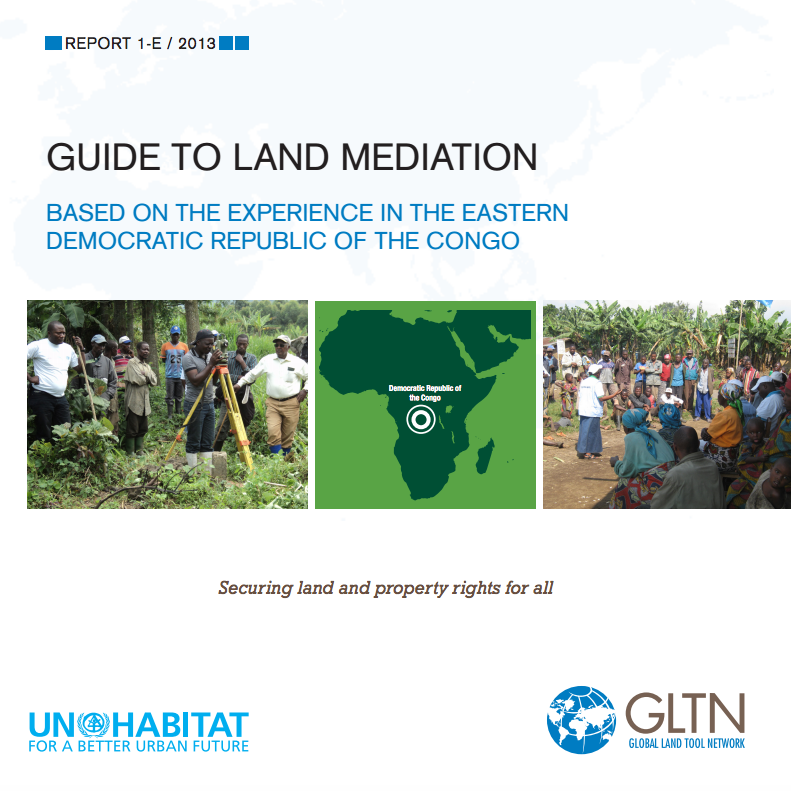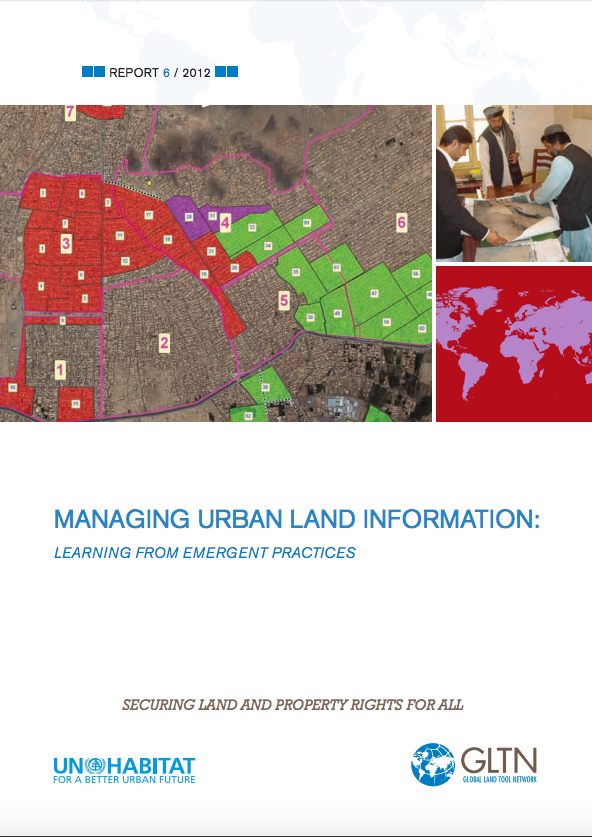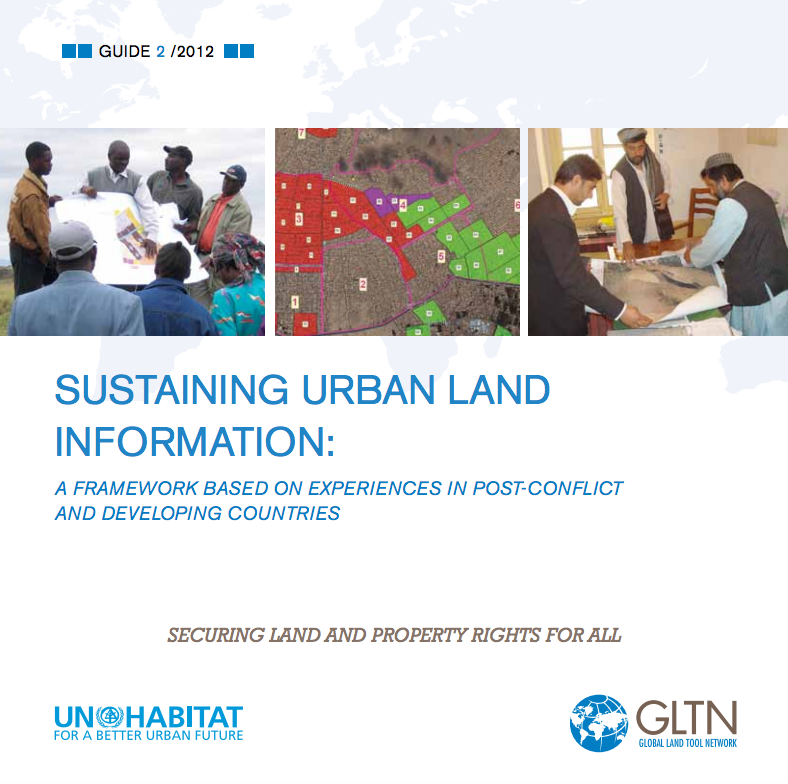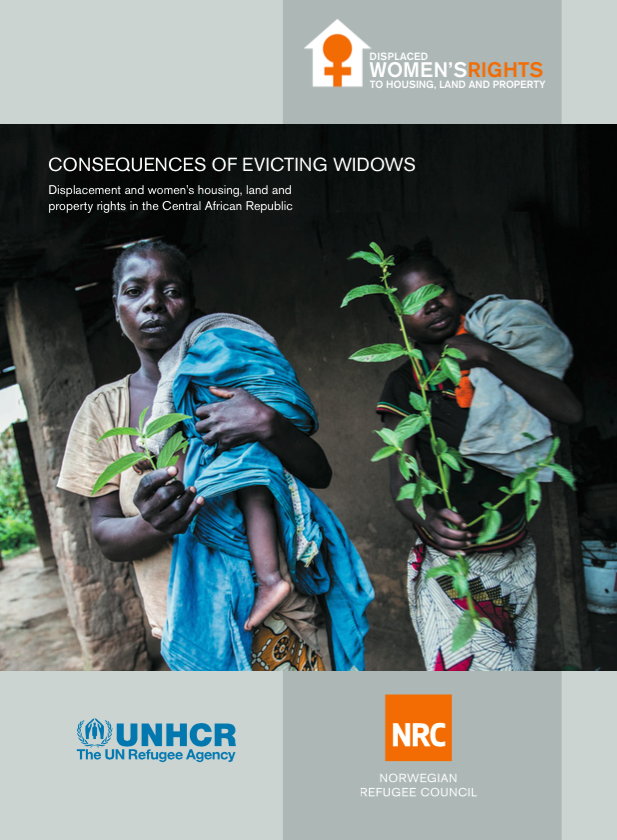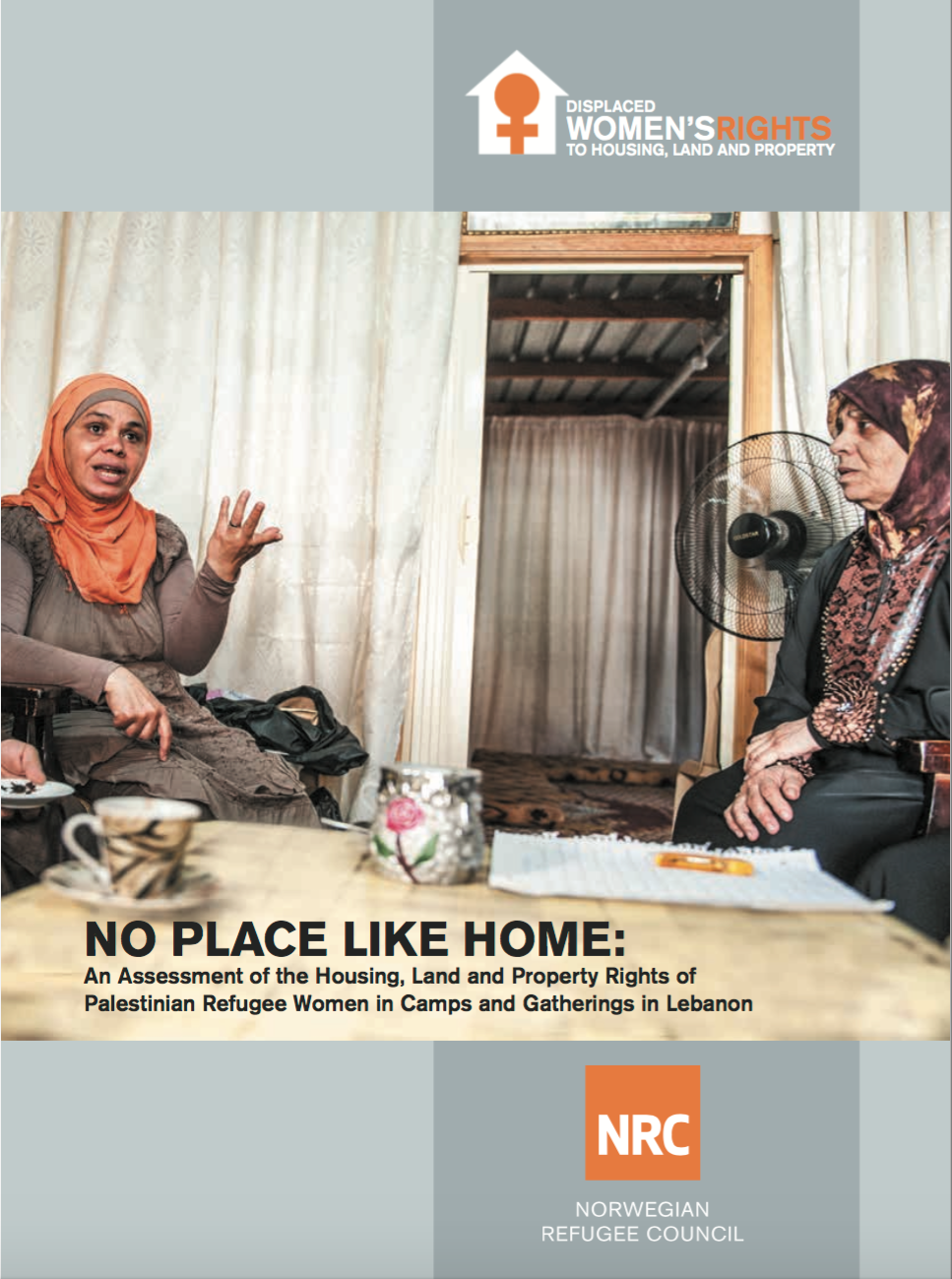Mitigating risk: Social protection and the rural poor
People in developing countries—particularly the agricultural poor—face a host of risks to their lives and livelihoods, including those stemming from globalization, climate change, and weather shocks. These experiences highlight the importance of social protection, which can have a potentially significant impact on reducing poverty and vulnerability when implemented with the optimal design, targets, and resources.
Power, inequality, and water governance
Water governance reforms are underway in many parts of the developing world. They address the principles, institutions, and legal and administrative practices through which decisions are made on the development, allocation, and conditions of use of water resources at all levels of society. As such, water governance--and efforts to reform it--is shaped by and helps to shape the way in which decisions are taken and authority is exercised in fields that extent well beyond water.
The development potential of migration
This issue of the Thematic Research Notes discusses the causes and impact of migration among communities in Africa as well as predicted future migration trends.
Rebuilding Agricultural Livelihoods in Post-Conflict Situations
Most conflicts in the developing world take place in rural areas, displacing large numbers of civilians and disrupting their agricultural livelihoods. Rebuilding agriculture is an important strategy for post-conflict reconstruction. Agriculture is well suited to absorb demobilized combatants, improve food security, and enhance livelihoods. To stimulate agricultural production, post-conflict programs often have to provide agricultural inputs and assets including seeds, tools, and livestock that have been lost during the conflict.
2014-2015 Global food policy report
This 2014–2015 Global Food Policy Report is the fourth in an annual series that provides a comprehensive overview of major food policy developments and events. In this report, distinguished researchers, policymakers, and practitioners review what happened in food policy in 2014 at the global, regional, and national levels, and—supported by the latest knowledge and research—explain why. This year’s report is the first to also look forward a year, offering analysis of the potential opportunities and challenges that we will face in achieving food and nutrition security in 2015.
Guide to Land Mediation: Based on the experience in the Eastern Democratic Republic of the Congo
The Guide to Land Mediation mainly draws its inspiration from practical experience on the ground of the land program conducted by UN-Habitat in eastern Democratic Republic of the Congo, especially in North Kivu, South Kivu and Ituri. It refers, in some places, to other countries experiences in post-conflict situations. This guide offers practical steps and tools used during the land mediation process. The publication highlights, not only the role and responsibilities of mediation stakeholders and 'beneficiaries', but also principles and foundations of a good mediation
Managing Urban Land Information: Learning from emergent practices
Managing Urban Land Information draws lessons from various experiences in post-conflict and developing countries. It is intended for land experts, government officials, donors and others involved in land information projects to avoid the costly development of an urban land information system that is too complicated, cannot be sustained or fails to support urban land management.
Sustaining Urban Land Information: A framework based on experiences in post-conflict and developing countries
This guide will assist land experts, government officials, donors and others involved in land information projects to avoid the costly development of an urban land information system that is too complicated, cannot be sustained or fails to support urban land management. The framework is based on various case studies that are contained in Urban Land Information Management, a report that is available at www.gltn.net.
Consequences of evicting widows
The crisis that engulfed the Central African Republic (CAR) in the end of 2012 resulted in the perpetration of gross human rights violations, including the widespread looting and destruction of homes. As people fled the violence they left behind land which others occupied illegally. More than a year after the height of the crisis, approximately 440,000 Central Africans continue to be internally displaced. Almost half a million are refugees in neighbouring countries.
ECUADOR: HOUSING, LAND AND PROPERTY RIGHTS FOR COLOMBIAN REFUGEE WOMEN AND PERSONS IN NEED OF INTERNATIONAL PROTECTION (PNIP)
The armed conflict in Colombia causes continued forced displacement into neighboring countries. Ecuador is the country receiving the highest number of Colombian refugees. By the end of 2013, 135 5881 people were registered inEcuador by UNHCR, with an average of 1000 new claims each month. In Panama, UNHCR estimates that 18 2972 people are living in a refugee like situations mostly in urban areas or marginalized suburbs.
NO PLACE LIKE HOME: AN ASSESSMENT OF THE HOUSING, LAND AND PROPERTY RIGHTS OF PALESTINIAN REFUGEE WOMEN IN CAMPS AND GATHERINGS IN LEBANON
Palestinian women living in refugee camps and gatherings in Lebanon have little opportunity to realise their HLP rights. They face the double discrimination, challenged by both formal Lebanese law and familial Palestinian social systems.
In 2001, the Lebanese Government passed a law forbidding people who do not hold citizenship to a recognised state from getting property rights in the country. This has left many Palestinian refugees either losing property that they owned, or unable to inherit property from family members.





